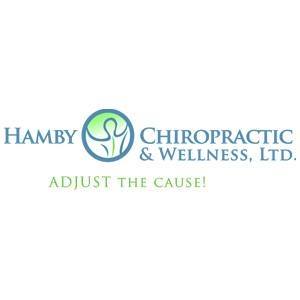Like any platform, social media is a powerful tool when it comes to broadcasting a message and educating/entertaining others. Much like Google or YouTube, social media has made information very accessible. The tricky part is discerning what is useful and what is complete s***. So, the key question this article hopes to examine and expound upon is whether or not social media is a helpful tool when it comes to health topics.
The Benefits of Health Advice on Social Media
Researchers have spent a lot of time delving into whether there are any benefits to turning to social media when searching for health advice, and the only area that keeps rising to the surface is awareness. Like other online avenues, social media is superb at raising awareness by spreading a message like a wildfire. But the buck seems to stop there. While raising awareness is essential, especially if you want your message to be heard, even more important is the reliability and validity of the message itself. You’re not doing anyone any good by spreading a false or harmful message. What’s worse is in the end you’re damaging your credibility. Trust is hard to gain but easy to lose and almost impossible to get back once it’s lost.
The Drawbacks of Health Advice on Social Media
While there are informative and trustworthy tips as well as educational resources on platforms like Instagram, Facebook, Twitter, and TikTok, there is also an epidemic of misinformation and myths, especially when it comes to women’s health. And even if a video is helpful, when it does not encourage viewers to seek help from a trained medical professional it becomes a part of the overall problem. To make matters worse, many viewers are susceptible to misinformation, especially when their condition is not improving.
How to Navigate Health Information on Social Media
1.) Consider the Source
As with anything on the Internet, you must take into consideration the source of the information. The source is the easiest and quickest way to determine if the information is valuable or complete garbage. The best information is going to be evidence-based and backed by science. You should never take any information at face value. Do your own research to find out if what the source is telling you is in fact true.
As far as celebrities and influencers are concerned, proceed with caution, don’t be afraid to be skeptical, and use discernment. Keep in mind that the majority of information on social media is not moderated or monitored. That’s why it is key to put the information to the test.
2.) Consider the Content
If the content is reputable it is going to be linked to reputable sources. Look for information that is stemming from well-known reputable sources like the American Cancer Society and the National Institutes of Health or established sites like Mayo Clinic and WebMD. If the person promoting a message is not relying on reputable sources such as the aforementioned, then you need to scrutinize the information more carefully.
3.) Consider the Platform
The medium matters. Short-form content platforms like TikTok and Twitter are ripe grounds for easy, quick fixes that don’t carry much weight or merit. Long-form content, which can be found on Google and YouTube, provides in-depth content and offers clarity on many issues.
Red Flags
- Extremes: beware of information that promotes extreme behaviors and restrictions.
- Quick Fixes: watch out for “cure-all” content.
- Substance Intake: the only source you should rely on for products you ingest is your healthcare provider (i.e. doctor, dietitian, nutrition counselor, etc.)
- Aesthetic: be leery of marketing strategies (i.e. information on products and services that primarily focus on the surface level of the human body.)
- Language: look and listen–the verbiage should include a disclaimer and encourage you to follow up with your medical professional.
Bottom Line
Some advice on social media is neither good nor bad. In fact, often times it is merely a starting point. No matter where you get your information, it’s a good idea to do your own research and follow up with a licensed professional before making any major lifestyle changes.
Sources: Shondaland
Mia Brabham
May 23, 2022
